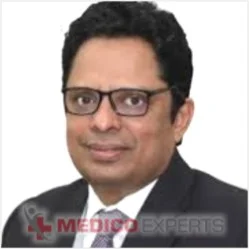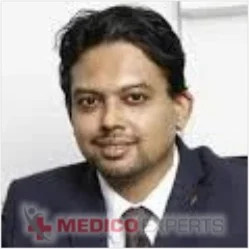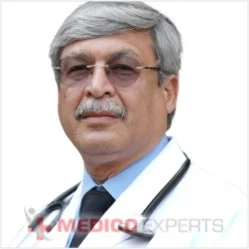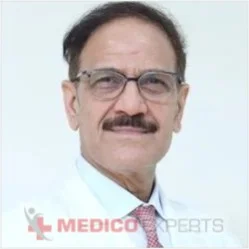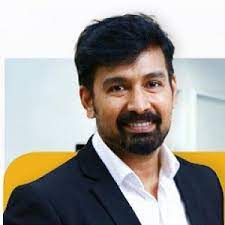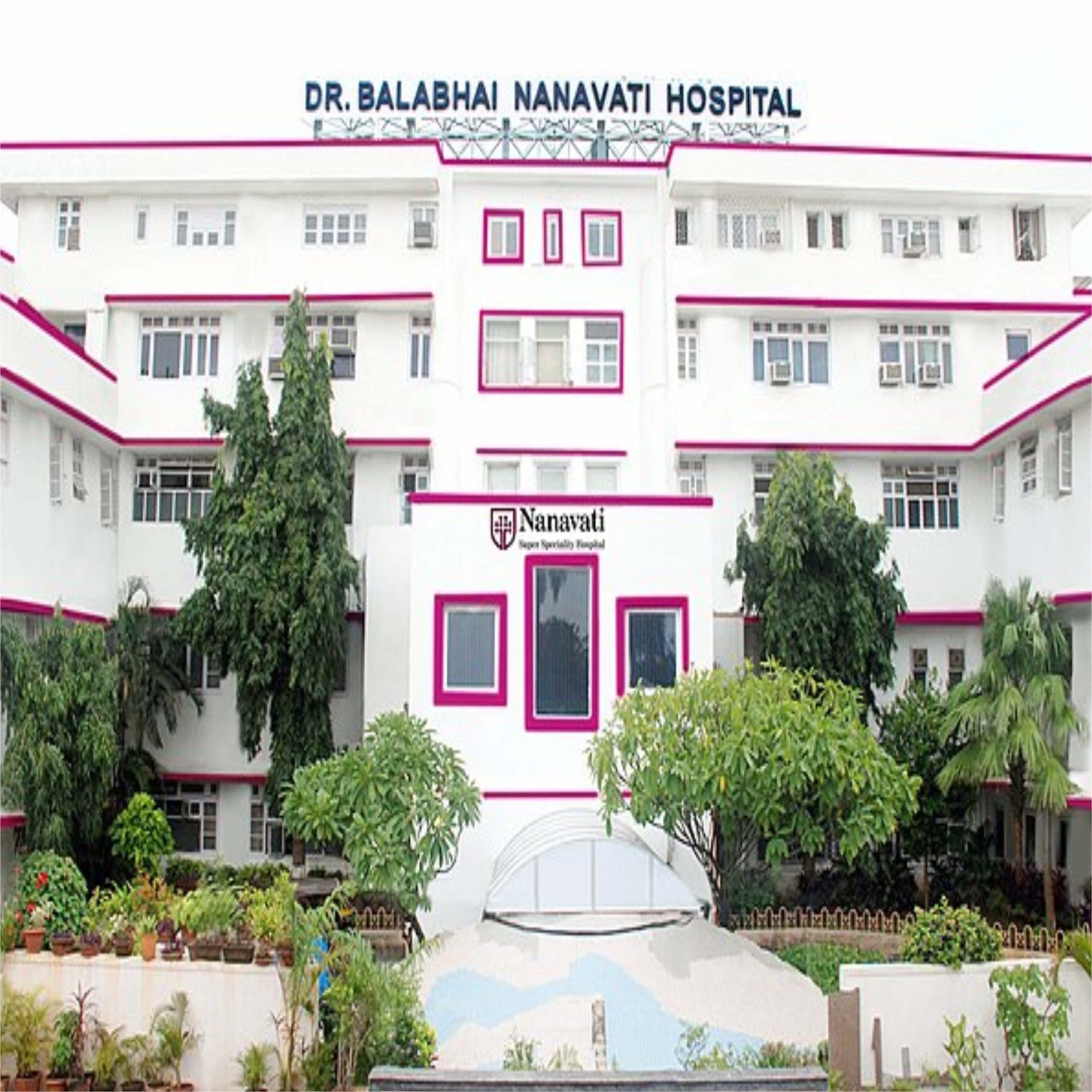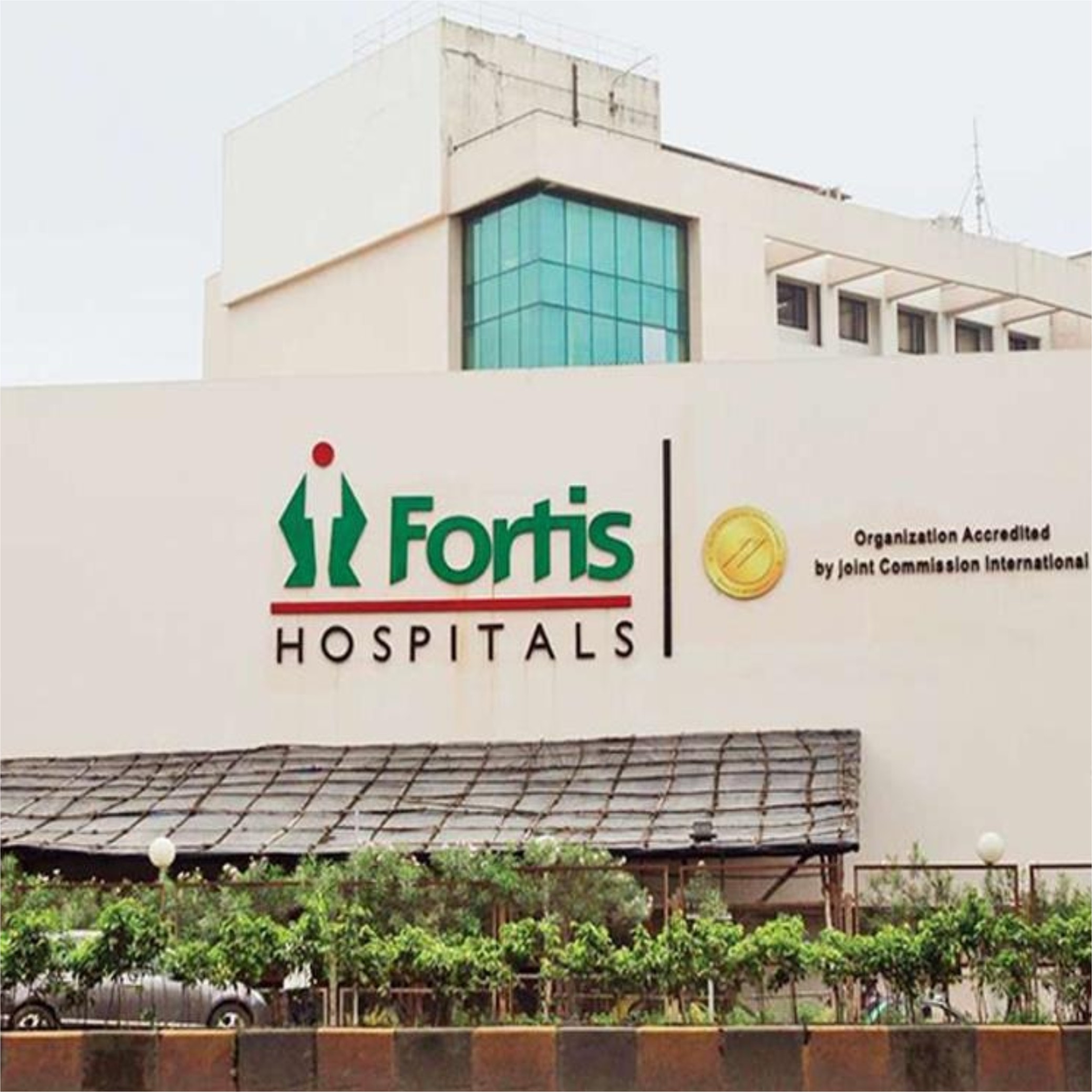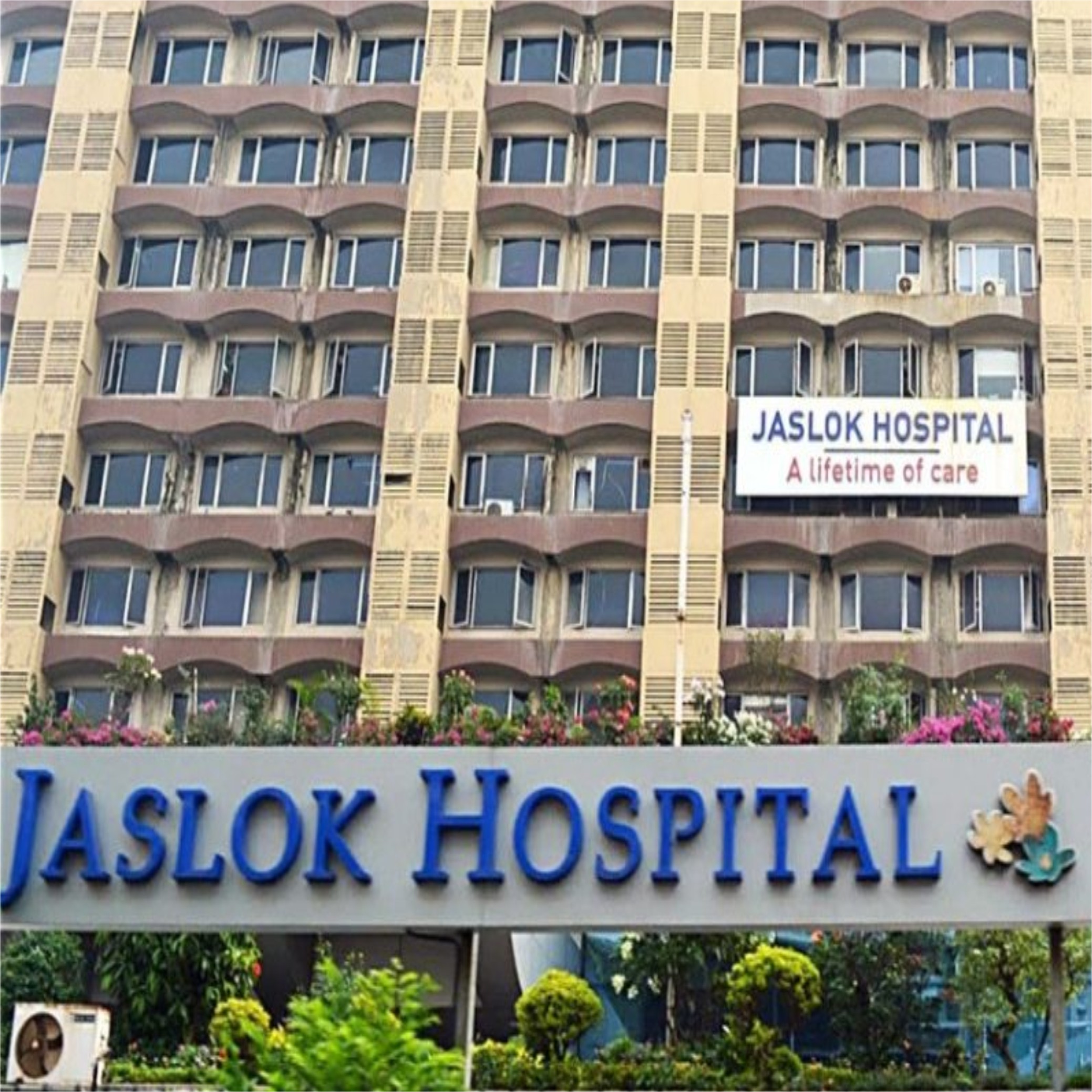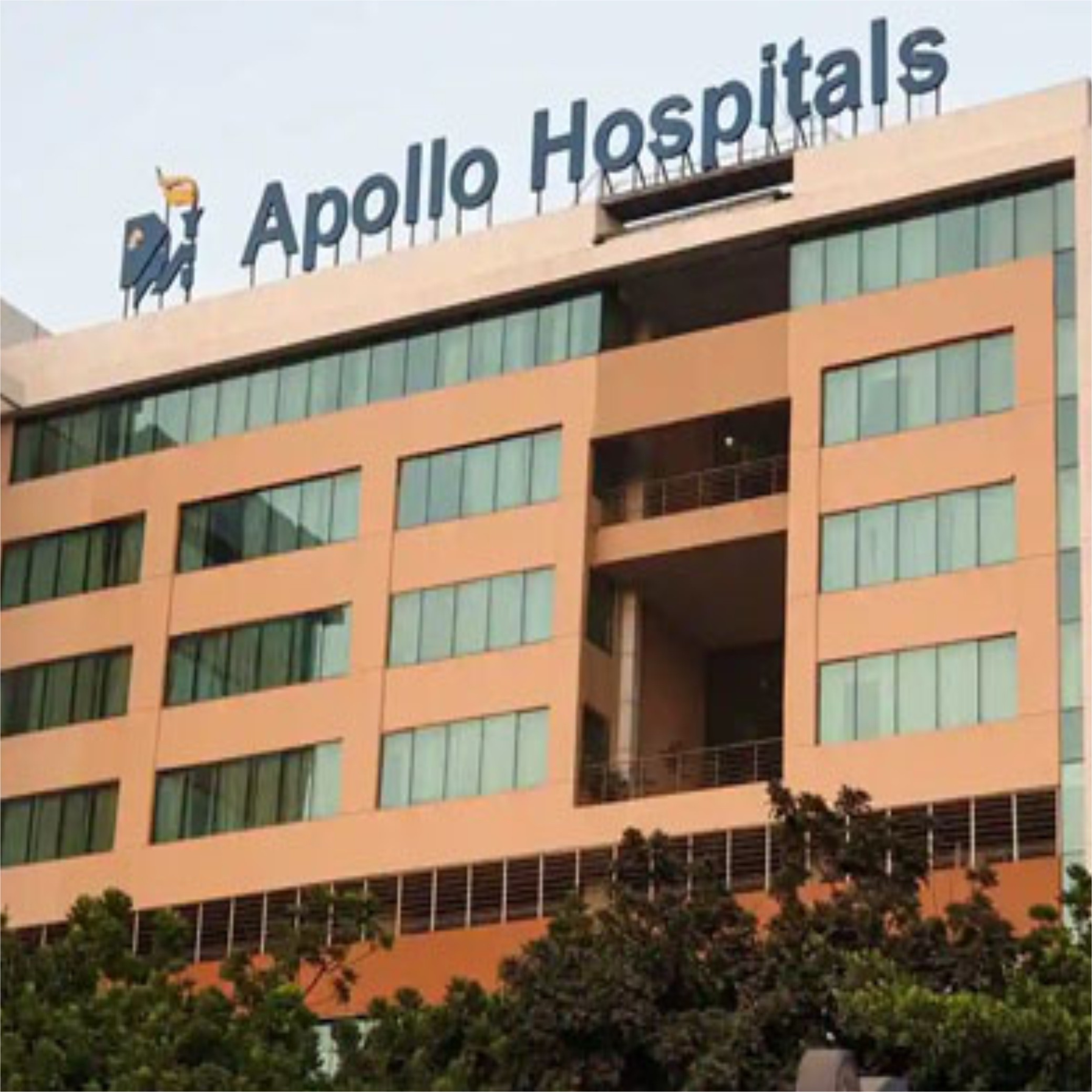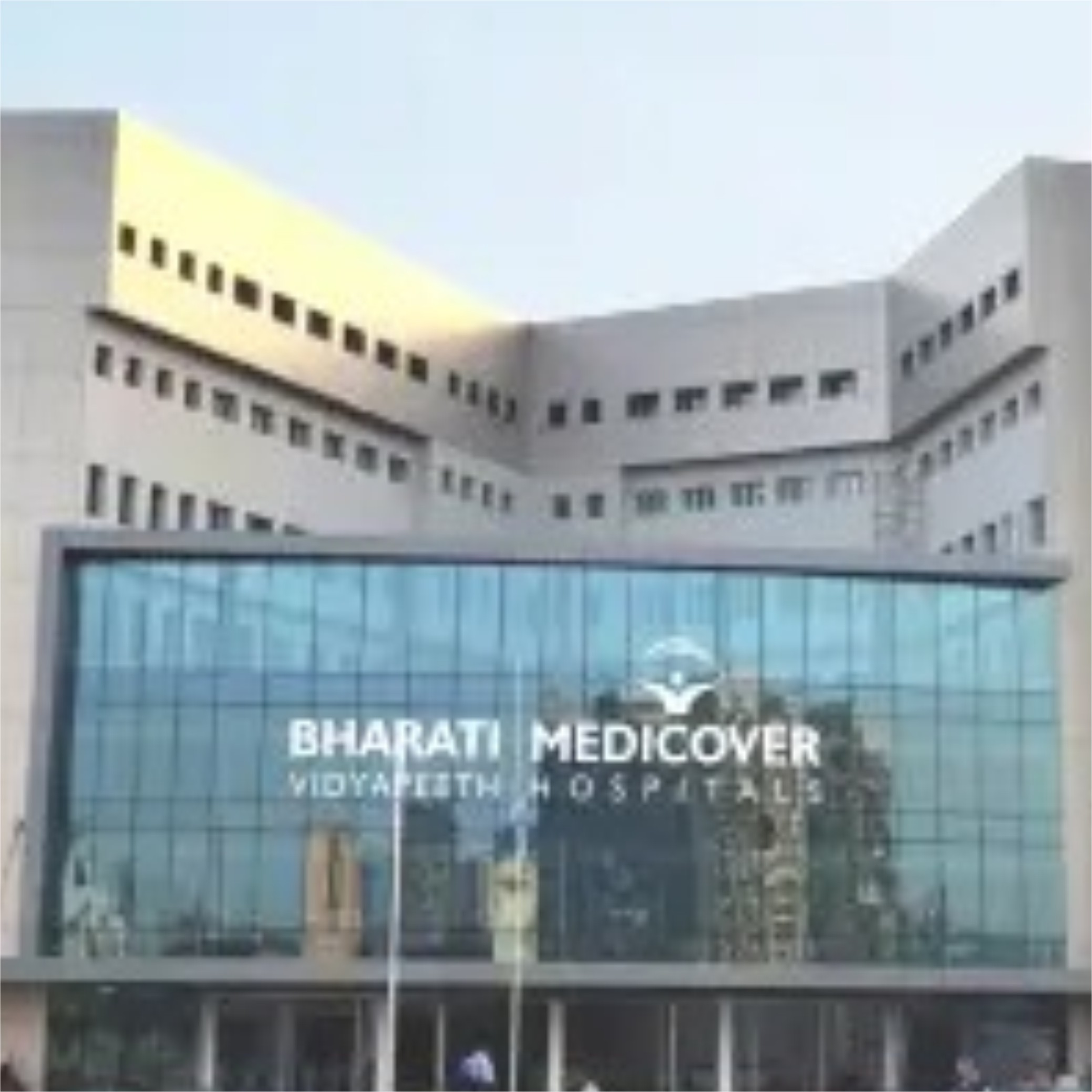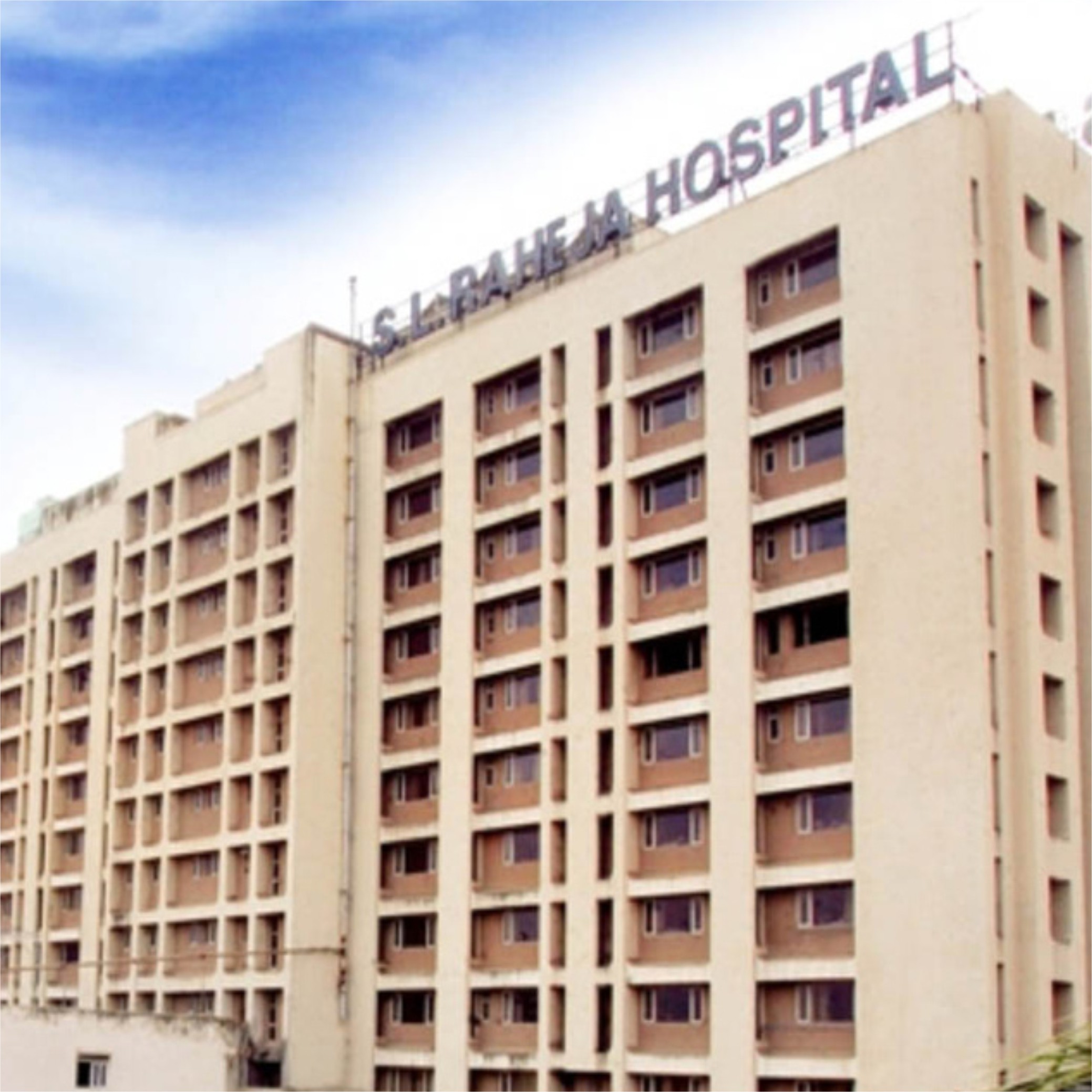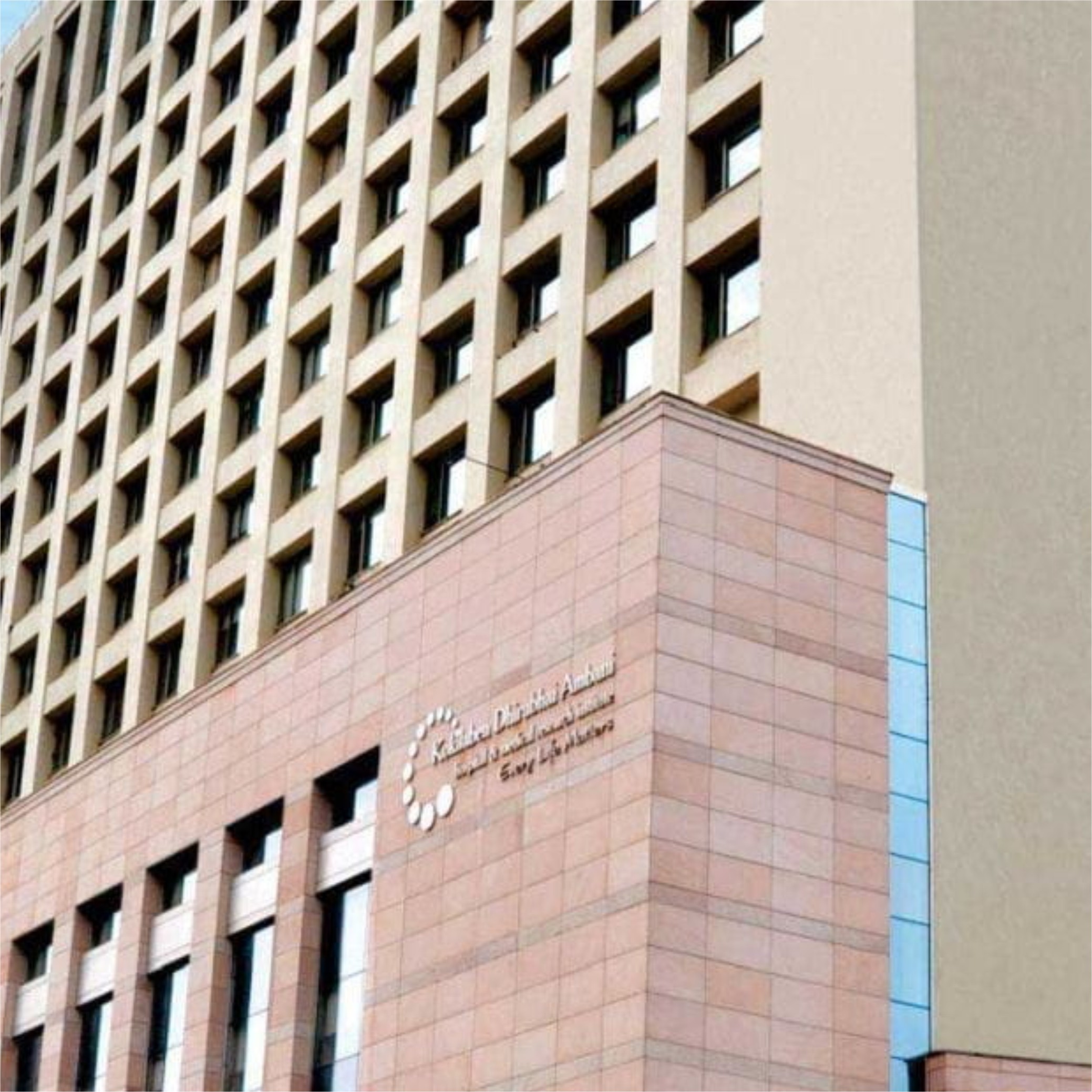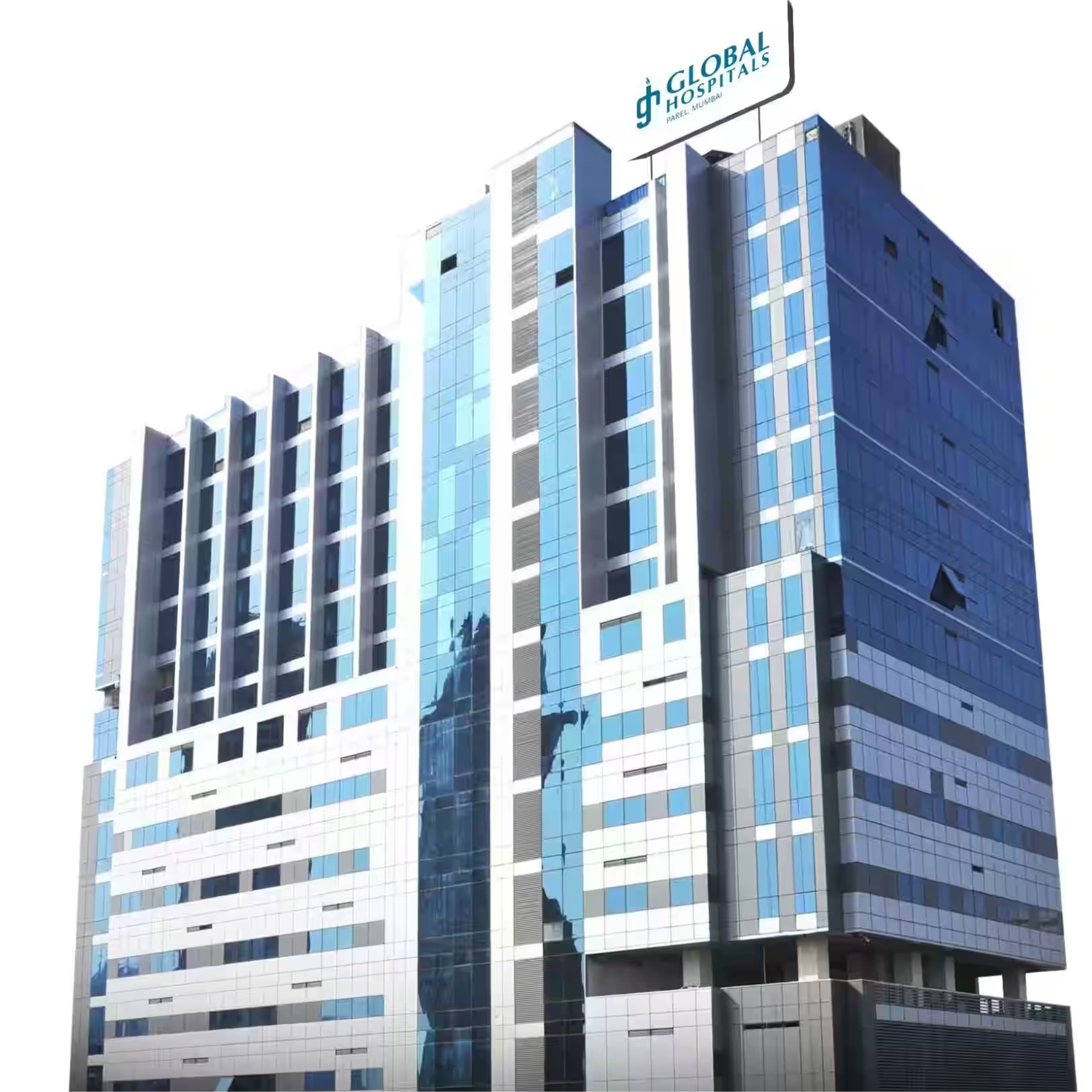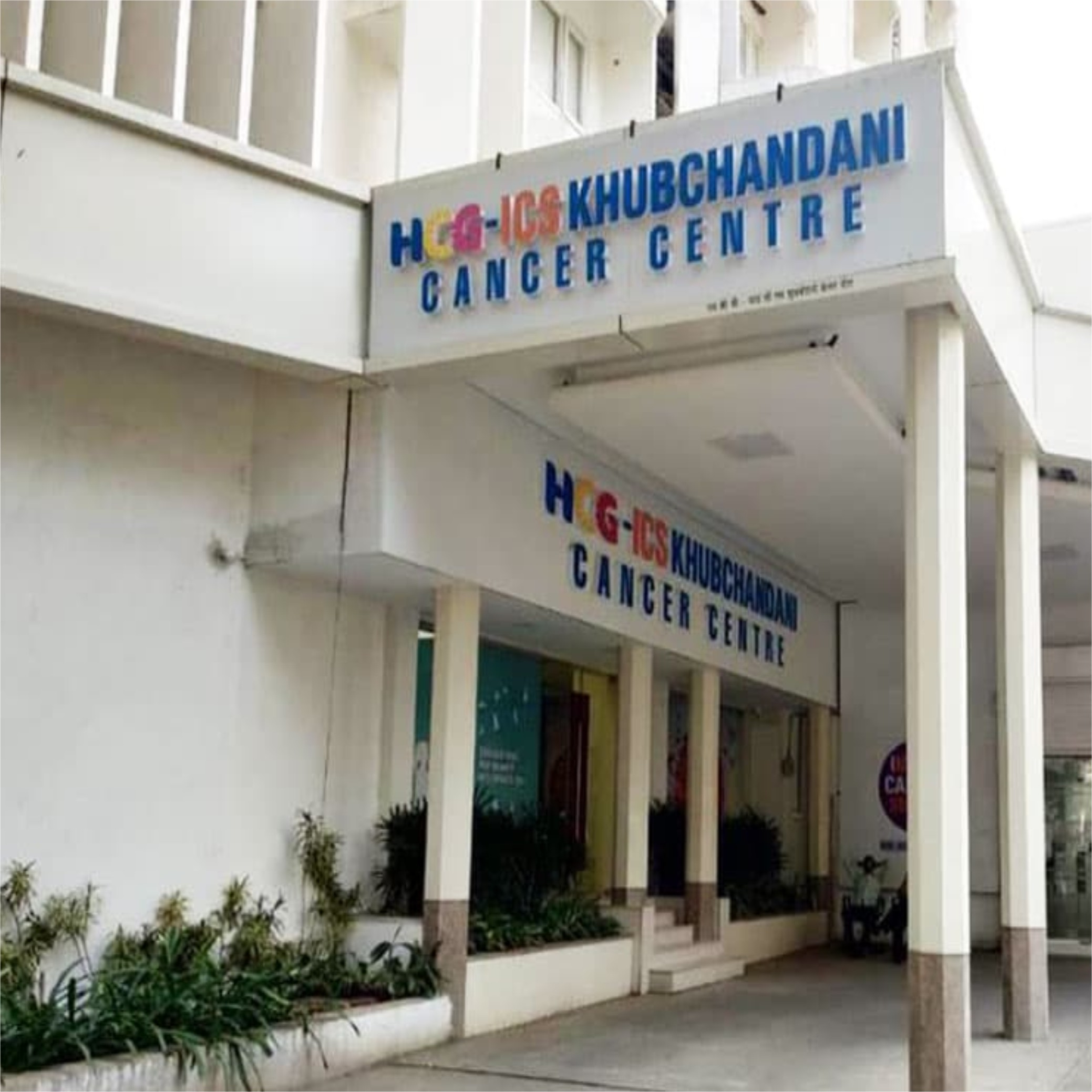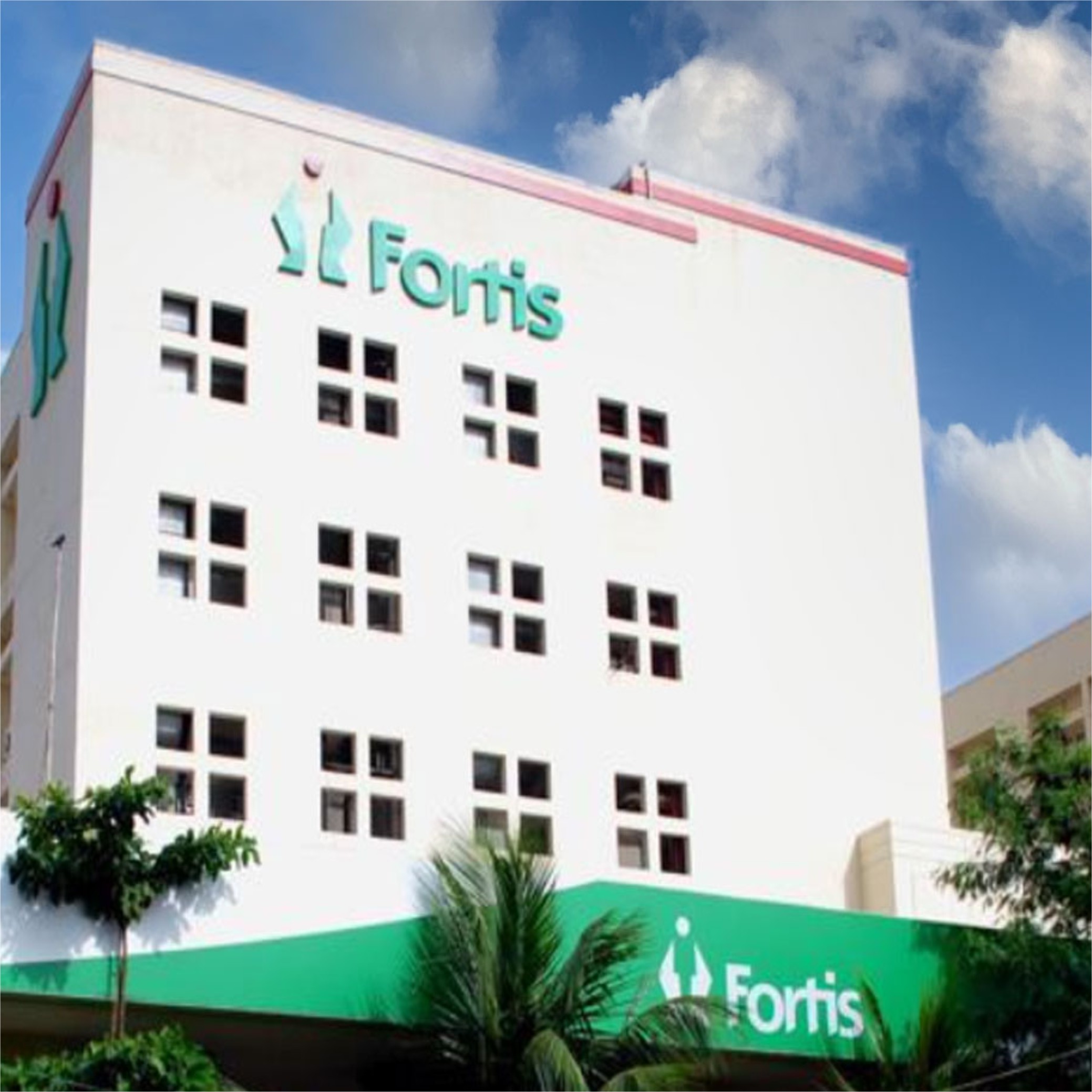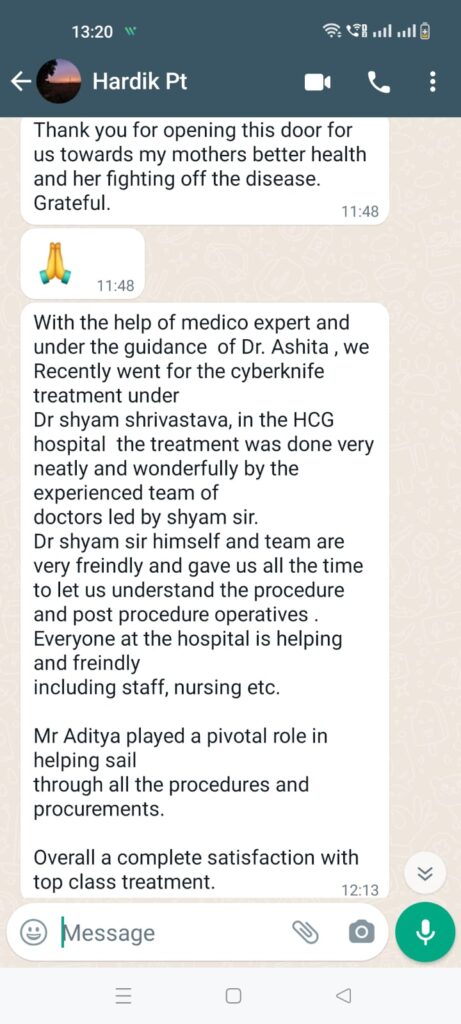Truncus Arteriosus : The Rare Congenital Heart Problem
Truncus arteriosus is a rarest heart defect that’s present at birth. Normally there are two main blood vessels the aorta & the pulmonary artery leaving the heart: the aorta, carrying blood to the body, and the pulmonary artery that branches immediately to carry blood to each lung.
If you or your baby has truncus arteriosus, it means instead of having a separate pulmonary artery and aorta, each with its own three-leafed valves, there is only one large blood vessel leaving the heart, which then branches into blood vessels or trunks that go to the lungs and the body.
In addition, the upper portion of the wall between the two lower chambers of the heart is missing resulting in what is known as ventricular septal defect and it is absent in rare of the cases.
The most common symptoms of truncus arteriosus are as follows. However, the symptoms differ in each child:
It is advisable to always consult pediatric cardiologist for proper diagnosis because the common symptoms of truncus arteriosus may look like other medical conditions or heart problems.

To help the heart and lungs work better many children will eventually need to take medications. Prescribed medication that may includes the following:
When feeding, some infants may become tired and may not be able to take in adequate calories to gain weight. Options that can be used to ensure your baby will have adequate amount of nutrition include High-calorie formula or breast milk or Supplemental tube feedings.
Surgery can be done within the first few weeks after birth, before the blood vessels are overwhelmed by extra blood flow in the lungs and become damaged.
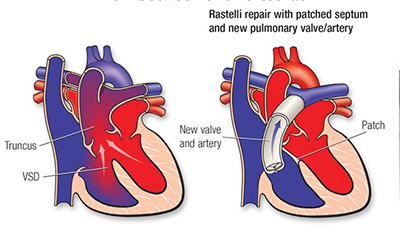
Procedure
The surgical procedure is done under general anesthesia, and involves the following.
The pulmonary arteries are separated from the common artery and connected to the right ventricle using a homograft (a tissue graft from a donor of the same species as the recipient).
Occasionally, instead of a homograft, a conduit (a small tube containing a valve) is used. The ventricular septal defect is clogged with a patch.
Prevention
Most of the congenital heart defect cases, such as truncus arteriosus, can’t be prevented. In case if you have family history of heart diseases, or having a child with congenital heart defect, before you make a decision about becoming pregnant, you may consider talking with a cardiologist experienced in congenital heart defects and a genetic counselor.
Following are the several steps if you’re thinking about becoming pregnant; you can take to help ensure a healthy baby, including :

Are you a Candidate?
If the child’s diagnostic reports indicates the signs of truncus arteriosus or if the child has been suffering from the above mentioned symptoms of truncus arteriosus, then it is recommended to get in touch with the expert pediatric cardiac surgeon and consider suitable treatment option at the earliest possible.

Expected Results
The results are good for most children after truncus arteriosus surgery. The success rate of this surgery is more than 90%.Children after truncus arteriosus surgery are also given antibiotics in order to prevent the infection of the heart’s inner lining.Some children have to restrict their physical activities. Few children might not be able to participate in sports.
In few cases, later in life patient may face some complications like abnormal heart rhythms, pulmonary hypertension or leaky heart valves post-surgery. These complications can precipitate the symptoms like dizziness, shortness of breath and heart palpitations.
Thus, it is very essential that as the child grows, he/she must continue to obtain follow-up care from a cardiologist for the rest of the life to prevent the risk of such complications and take necessary steps to manage the same in time.
Recovery Timeline
After surgery, typically stay in the hospital will be one week, in case of uncomplicated recovery. In the first weeks of life of your child, the hospital stay likely will be longer. Most children go on to live healthy, productive lives after repair.
Cost of Truncus Arteriosus Surgery
The cost of Truncus Arteriosus surgery in India depends on the type of procedure, surgeon and the facility where you choose to get the surgery done. Enlisted below is the cost of Truncus Arteriosus in India.
| Sr. No. | Procedures | Cost in India (USD) |
|---|---|---|
| 1 | Evaluation Package | 1000 – 1200 |
| 2 | Truncus Arteriosus Cost | 8000 – 10000 |
Frequently Asked Questions and patient concerns:
1. What causes truncus arteriosus?
In some families, certain congenital heart defects may happen more commonly. These are considered defects in genetics. In babies born with 22q11.2 deletion syndrome, Truncus arteriosus is sometimes seen. But the cause is not identified in most cases.
2. What are the symptoms of truncus arteriosus?
Symptoms of truncus arteriosus include:
- Bluish color to the skin, lips, and nails (cyanosis)
- Breathing problems
- Poor feeding or eating
- Fatigue
- Enlarged liver
- Extreme sleepiness
3. Which specialist do I consult for treatment of heart disease in my child?
You must contact your pediatrician, who will then refer you to a pediatric cardiologist/cardiothoracic surgeon for further management.
4. When is the ideal time to have surgery for truncus arteriosus?
Ideally, for optimal results and better outcomes, it is appropriate to choose to go for surgery before your baby is two months old.
5. Will more surgeries be necessary at a later date?
During the truncus arteriosus surgery, the surgeon will put a conduit. As the child grows, the conduit used to construct the pulmonary artery will need to be changed, therefore requiring a second surgery.
6. What happens if surgery is not done for truncus?
Untreated truncus could lead to complications and death, usually in the first year of life.
7. Can developmental heart defects be diagnosed before birth?
Absolutely, if risk factors are identified, undergoing a fetal echocardiogram between 18-24 weeks during pregnancy can offer comprehensive information about the heart. Usually, this test takes about 45 minutes. In order to ensure the best prognosis, appropriate precautions and arrangements should be made accordingly, depending on the outcome.
8. What are the chances of another child being affected from a future pregnancy?
It depends on the cause of the first instance of the defect. If there is a genetic factor of heart disease present, the risk may be higher. Speak to your general practitioner or family doctor for more guidance and testing, who might refer you to a genetic counselor.
Best Angioplasty Hospital in India
Our associate hospitals are JCI, ISO and NABH accredited and equipped with the latest innovation and technologies in cardiology. These multi-speciality hospitals have strict patient-care protocol and follow western standards of excellence and healthcare. Some of the best hospitals for Cardiac in India are as follows:

MedicoExperts is a Global virtual hospital which is established to offer quality healthcare services at affordable pricing without compromising the success rates of the treatment.
MedicoExperts is having a network of highly experienced super specialist doctors and well equipped hospitals across the globe and offering second opinion through online video consultation and surgical interventions through its empanelled super specialist doctors at its network hospitals in 17 countries from 3 continents.
By the virtue of its approach and model, MedicoExperts is successfully achieve to deliver
- Latest and most advanced treatments with success rates of international benchmarks.
- Multiple cost options depending upon the hospital facilities, with the same doctor.
- Treatment option in multiple cities/state/countries.
- Trust and peace of mind.
Most suitable for patients who are looking for:-
- Planned Surgeries and treatment from most experienced doctors and at multiple cost options as per hospital facilities with best possible outcomes.
- Second Opinion from expert doctors.
- Complex cases involving multi specialities
- International patients looking for treatment from Indian doctors

Author Bio:
Dr. Ashita Nandgaonkar – BHMS, MS in psychological counseling
Dr. Ashita Nandgaonkar is a highly esteemed homeopathic doctor with a passion for holistic healing and patient-centered care. Dr. Nandgaonkar remains dedicated to raising awareness about the benefits of homeopathy and promoting its integration into mainstream healthcare. Her mission is to empower individuals on their journey to health and wellness, embracing the holistic approach that homeopathy offers. She has a special interest in researching Homeopathic solutions for diseases that are difficult to treat with conventional medicines and therapies.
Content Medically Reviewed By MedicoExperts Editorial & Clinically Review Board



